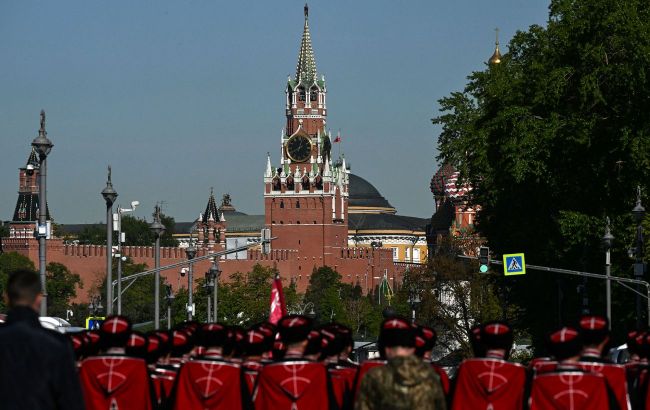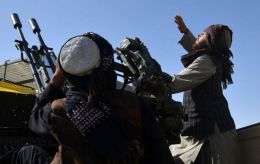Foreign business funds one million Russian soldiers through taxes – Newsweek
 Kremlin receives billions to finance war machine (photo: Getty Images)
Kremlin receives billions to finance war machine (photo: Getty Images)
Foreign businesses in Russia paid the Kremlin over 20 billion dollars in taxes in 2024. This would have been enough to fund one million new soldiers for the Russian army, Newsweek reports.
The publication refers to exclusive data provided by the B4Ukraine group and the Kyiv School of Economics (KSE) Institute. According to them, in 2024 alone, foreign companies in Russia paid at least 20 billion dollars in taxes.
This amount would have been enough to cover the recruitment of one million soldiers into the Russian army under the most expensive rates — currently in effect in Russia's Kemerovo region, where a soldier receives 18,400 dollars for signing a contract.
In total, since 2022, foreign businesses have paid 60 billion dollars in taxes in Russia. This is half of Russia's military budget for 2025.
Who paid the most taxes
Among all foreign companies that still operate in Russia, five were identified as having paid the most taxes to the Russian budget in 2024:
- Raiffeisen Bank, financial services (Austria) – 402 million dollars;
- Chery Automobile, car manufacturer (China) – 222 million dollars;
- Philip Morris International, tobacco company (multinational) – 220 million dollars;
- Japan Tobacco International, tobacco company (Japan) – 182 million dollars;
- Leroy Merlin, home and gardening retail (France) – 128 million dollars.
The publication requested comments by email from representatives of Raiffeisen Bank, Chery Automobile, Philip Morris, and Leroy Merlin. JTI responded separately, stating that the company operates worldwide regardless of sanctions, and that tobacco taxes in Russia will continue to be paid regardless of who owns the company's Russian assets.
"JTI operates globally and continues its manufacturing and sales operations in Russia in full compliance with all applicable regulations, including but not limited to economic sanctions, export controls, and tax requirements. We continue to closely monitor legislative developments, as well as the situation on the ground and review our options," the comment said.
B4Ukraine and KSE, for their part, stated that the presence of foreign business in the Russian market is not just an economic problem for the G7 and allies, but a direct threat to the economic security of Western countries.
"By making substantial tax contributions to Russia's war chest, foreign companies are effectively subsidising the procurement of weapons and the payment of military salaries. Their financial involvement directly undermines Ukraine's defensive capacity and contributes to wider regional insecurity," the statement said.
The American corporation ExxonMobil is negotiating with the Russian company Rosneft on resuming development of the Sakhalin-I oil field.
Also, in April, the Russian plant of the Arctic LNG 2 project resumed operations on a limited scale. The project is under US sanctions, including a ban on specialized vessels.
Meanwhile, Ukraine has intensified drone strikes on Russian oil refineries and export infrastructure. The most important sector of Vladimir Putin's economy has come under attack. In just one month, Ukraine knocked out 17% of Russian oil refining.

